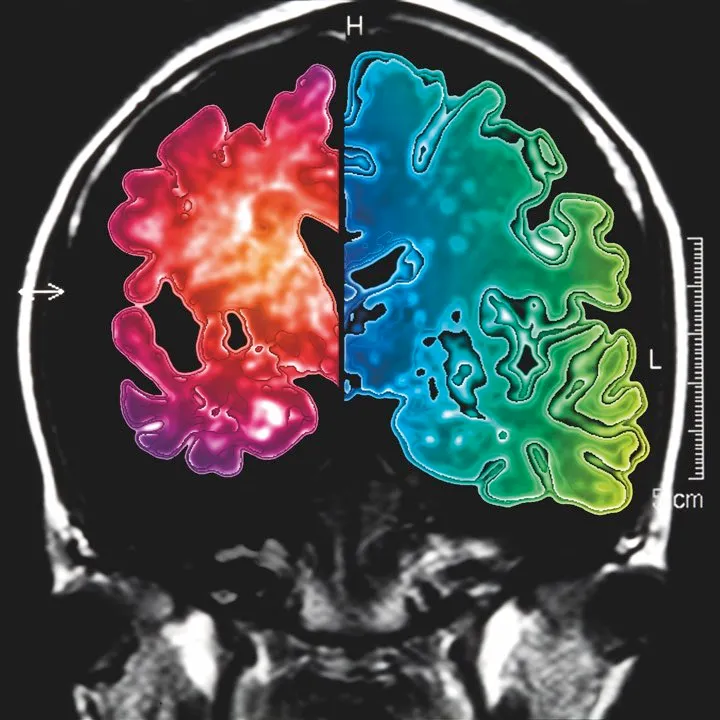Some 850,000 people currently suffer from dementia in the UK. And with this figure set to reach one million by 2025, the scale of the problem facing health services is obvious. Now, a studypublishedin the journalBrainby researchers at Cambridge University, have found that trazodone hydrochloride, a drug already prescribed as an antidepressant, may be able to prevent the brain shrinkage and cell death caused by neurodegenerative diseases such as Alzheimer’s disease.
So far the drug has only been tested in mice, but as it has already been approved for human use it could be fast-tracked into clinical trials. “We know that trazodone is safe to use in humans, so a clinical trial is now possible to test whether the protective effects of the drug we see on brain cells in mice with neurodegeneration also applies to people in the early stages of Alzheimer’s disease and other dementias,” explained research lead Prof Giovanna Mallucci. “We could know in two to three years whether this approach can slow down disease progression, which would be a very exciting first step in treating these disorders.”

In neurodegenerative diseases such as Alzheimer’s and Parkinson’s, faulty proteins build up in thebrain. As these proteins accumulate, a natural defence mechanism ‘switches off’ the vital production of new proteins. The team previously found a drug that was capable of switching this process back on and halting neurodegeneration, but the drug was toxic to humans.
To search for safe alternatives, they tested 1,040 different compounds, first in C. elegans, a worm often used in early drug-screening, and then in mice. In the mice, trazodone hydrochloride consistently prevented the emergence of signs of brain cell damage and reduced brain shrinkage.
“Interestingly, trazodone has been used to treat the symptoms of patients in later stages of dementia, so we know it is safe for this group,” said Mallucci. “We now need to find out whether giving the drug to patients at an early stage could help arrest or slow down the disease through its effects on this pathway.”
They also found dibenzoylmethane, a compound undergoing trials as an anti-cancer drug, to be effective, though more work is required to determine its safety.
Follow Science Focus onTwitter,Facebook, Instagramand Flipboard